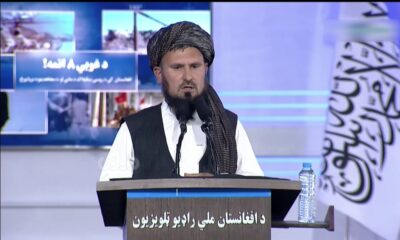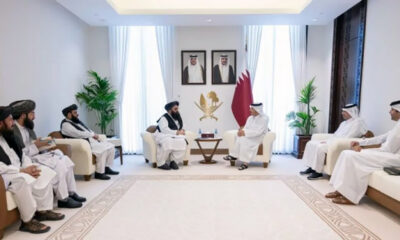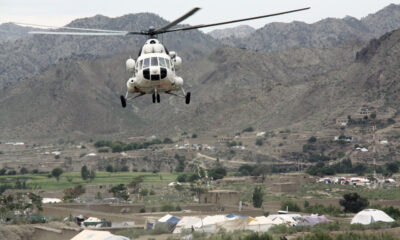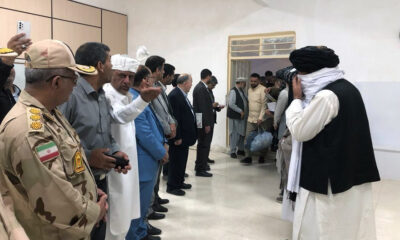Latest News
OIC calls for ‘constructive interaction’ with IEA to solve Afghanistan’s problems
Meanwhile, Minister of State for Foreign Affairs of Qatar Mohammed bin Abdulaziz bin Saleh Al Khulaifi said at the opening session of the meeting that the participation of the IEA in the meeting provides an important opportunity to conduct a meaningful dialogue regarding collective efforts to address the current challenges facing Afghanistan.
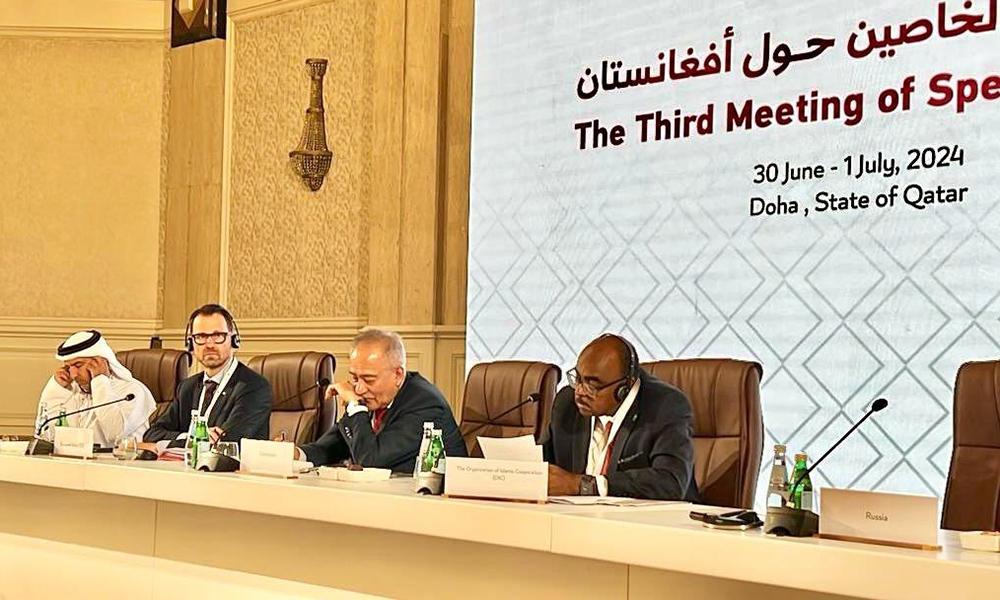
Ambassador Tariq Ali Bakheet, the special envoy of the Organization of Islamic Cooperation (OIC) for Afghanistan, addressed delegates attending the third Doha meeting on Monday and said there was an urgent need for the international community to adopt a coordinated and integrated approach to deal with the ruling Islamic Emirate.
Bakhit said a strategic approach to deal with the many challenges facing Afghanistan and its people was crucial and that in order to achieve this, the world needs to engage continuously and constructively with the IEA.
He affirmed the organization’s commitment to continue constructive dialogue with the Islamic Emirate government in Afghanistan on the various challenges in line with the resolutions of the OIC’s Islamic Summit and the Council of Foreign Ministers – especially issues related to women’s rights to education, employment and combating terrorism.
Bakhit’s address came after the United Nations Under-Secretary-General for Political and Peacebuilding Affairs, Rosemary DiCarlo, welcomed the “fruitful start” to the third meeting of special envoys on Afghanistan in the Qatari capital Doha.
The meeting, which ran over two days, June 30 and July 1, brought together what DiCarlo said was a “cross section of the international community and the Taliban (Islamic Emirate),” for the first time.
“Look forward to principled engagement to help the people of Afghanistan in many areas. And we thank Qatar for its support,” she said.
Meanwhile, Minister of State for Foreign Affairs of Qatar Mohammed bin Abdulaziz bin Saleh Al Khulaifi said at the opening session of the meeting that the participation of the IEA in the meeting provides an important opportunity to conduct a meaningful dialogue regarding collective efforts to address the current challenges facing Afghanistan.
He said that the ultimate goal is to support the Afghan people and achieve peace and prosperity in Afghanistan so that it contributes positively to regional and global stability.
Representatives of 25 countries including the United States, European countries, Russia, Pakistan, Iran, Saudi Arabia and India have attended the third Doha meeting on Afghanistan. Representatives of some international organizations have also participated in the meeting.
Related Stories:
OIC urged to invite IEA to its summit in Gambia
EU, OIC envoys meet to discuss humanitarian situation and education in Afghanistan
Latest News
Civil war devastated Afghans more than the Soviet invasion, says Fitrat
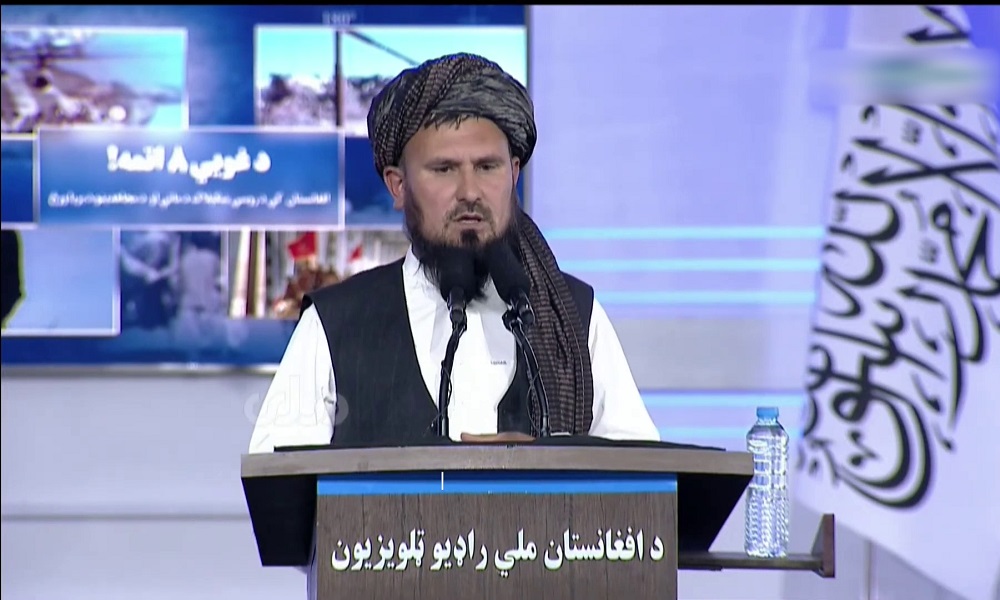
The civil war inflicted greater harm on the people of Afghanistan than the Soviet invasion, Fasihuddin Fitrat, Chief of the Army Staff of the Islamic Emirate, said on Monday
“The Soviet Red Army invasion did not make the Afghan people as miserable as the civil wars and power struggles made,” he said at a ceremony marking the 33rd anniversary of the mujahideen’s victory against the former Soviet-backed regime.
Fitrat warned that if someone is thinking of occupying Afghanistan using those who have fled the country, the Afghan people are ready to fight against them even if takes thousands of years.
“No matter how they impose war on the people of Afghanistan, the people have the courage and heroism,” he said. “Their honor will never allow them to be controlled by someone else. They will fight against them. They have fought for four and a half decades and are ready to fight for thousands more. If anyone thinks of occupying our country, they will fight against them.”
Acting Minister of Borders and Tribal Affairs, Alhaji Mullah Noorullah Noori also stressed that Afghanistan will soon will compete with other countries in political, economic and security sectors.
“The day will come when Afghanistan will compete with the world’s major countries in every field, politically, economically, security,” he said.
Acting Minister of Information and Culture Khairullah Khairkhwa called on the officials of the Islamic Emirate to refrain from “power worship,” warning that it would lead to the collapse of the government.
“If, God forbid, we revive the past and there is power worship here again and we try to increase our influence, the regime will collapse and the people will become divided,” he said.
At the ceremony, the Chief of Staff of Army also stressed the dignified return of refugees from neighboring countries, adding that humiliating them is unacceptable for the Islamic Emirate.
Latest News
Qatar’s Prime Minister meets with Afghanistan’s foreign minister
According to Gulf Times, the two officials reviewed the latest developments in Afghanistan and discussed ways to support the Afghan people.
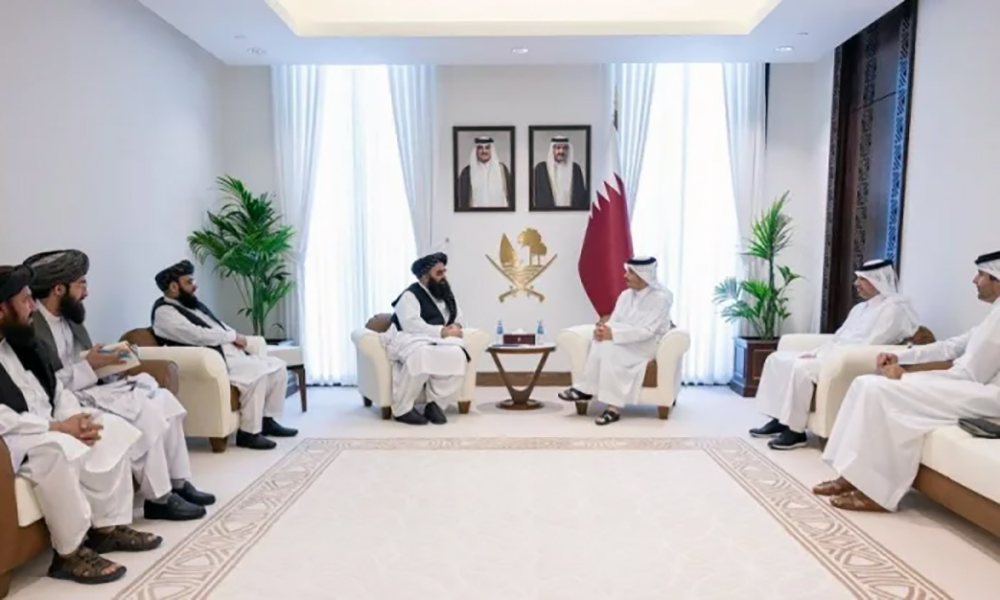
Qatar’s Prime Minister and Minister of Foreign Affairs Sheikh Mohammed bin Abdulrahman bin Jassim Al-Thani met with Afghanistan’s Acting Minister of Foreign Affairs Amir Khan Muttaqi who is currently visiting the country.
According to Gulf Times, the two officials reviewed the latest developments in Afghanistan and discussed ways to support the Afghan people.
Al-Thani emphasized the State of Qatar’s unwavering support for all segments of the Afghan people and its continued efforts to achieve security, stability, prosperity, and a dignified life in Afghanistan.
A source told Ariana News that Muttaqi arrived in Qatar on Sunday. No further details on his trip were given.
Latest News
WFP air services in Afghanistan may be suspended due to funding crisis
According to WFP, the organization urgently needs $10.5 million in funding to continue its relief flights in 2025.
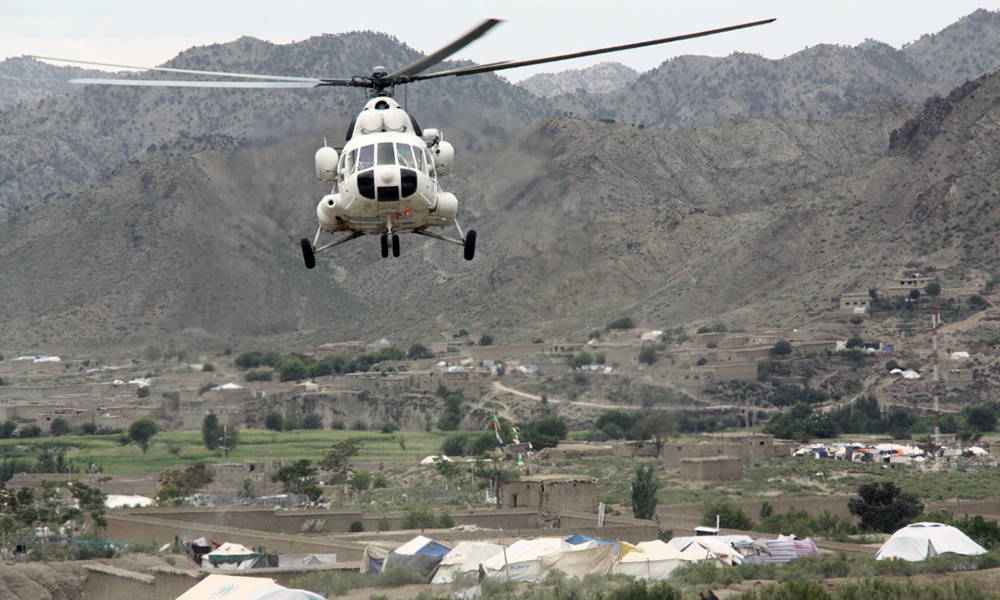
The UN’s World Food Program (WFP) in Afghanistan has announced the possible suspension of its air services in the country due to a severe shortage of funding.
WFP is one of the largest humanitarian organizations in Afghanistan and the air services have played a vital role in transporting humanitarian aid, especially to areas difficult to reach by land.
In a message posted on X, the WFP explained that in the past, when roads were blocked, air services were the only way to deliver aid to remote areas of Afghanistan. This aid included food, medicine, and other essential items that are essential for the survival of millions of people in need in Afghanistan.
According to WFP, the organization urgently needs $10.5 million in funding to continue its relief flights in 2025.
In addition, the WFP stated that humanitarian needs in Afghanistan continue to increase and millions of people across the country are dependent on humanitarian assistance.
WFP stated that if air services are stopped, it will become very difficult, if not impossible, to deliver vital aid to areas that are not accessible by road.
-

 Latest News5 days ago
Latest News5 days agoAWCC activates new site in Nangarhar’s Kuz Kunar district
-

 Latest News5 days ago
Latest News5 days agoTarig Ali Bakheet and Japan’s Deputy Foreign Minister discuss Afghanistan’s situation
-

 Business5 days ago
Business5 days agoPakistan’s deputy PM discusses Trans-Afghan Railway Line project with Uzbek FM
-

 Latest News3 days ago
Latest News3 days agoAfghanistan’s medicine output reaches 900 types: Pharma Union
-

 Latest News4 days ago
Latest News4 days agoAfghan delegation to participate in Iran’s international expo
-

 Latest News4 days ago
Latest News4 days agoWFP appeals for $25 million to help support Afghan returnees amid humanitarian crisis
-
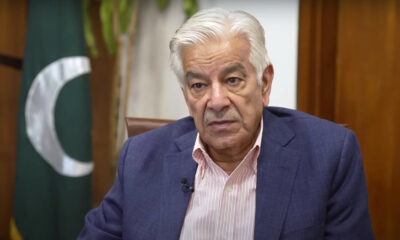
 Latest News3 days ago
Latest News3 days agoTerrorist attacks in Pakistan originate from Afghanistan: Khawaja Asif
-
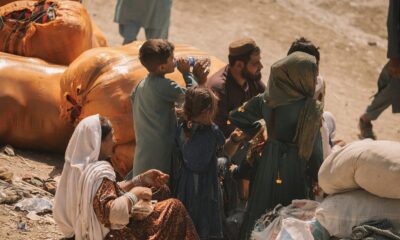
 Latest News4 days ago
Latest News4 days agoRegistered Afghan refugees must return by June 30 or face deportation: Pakistani official




